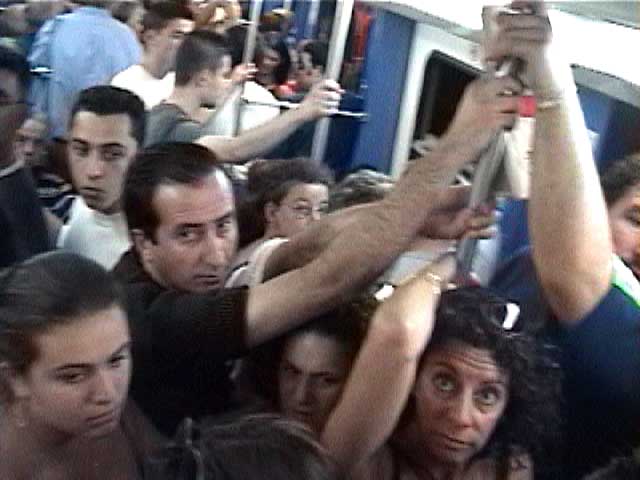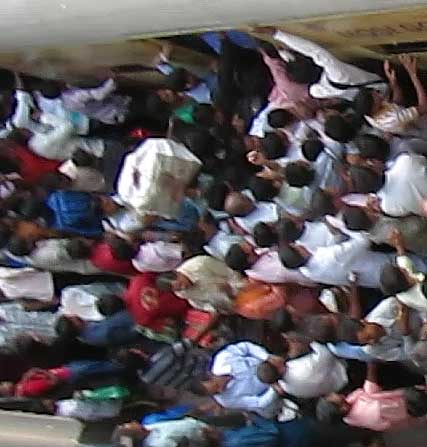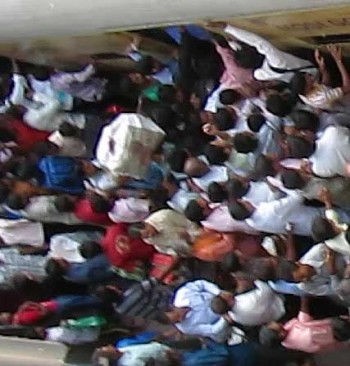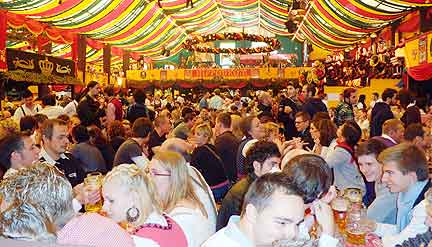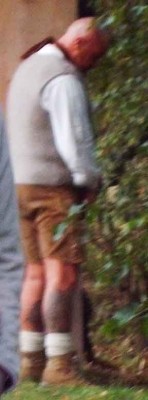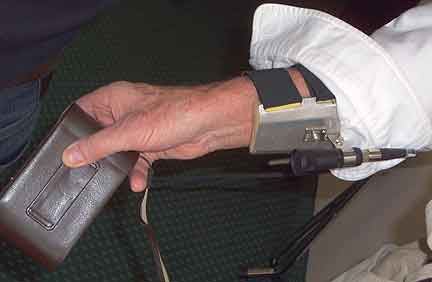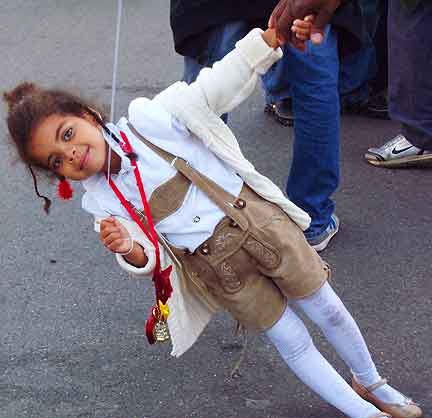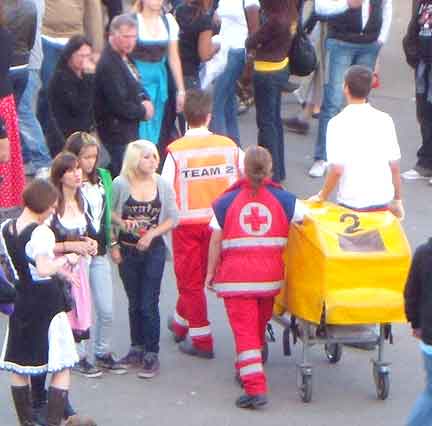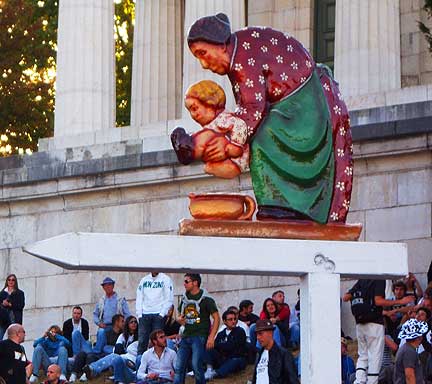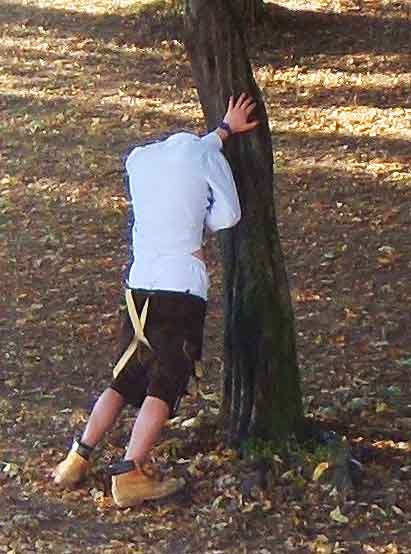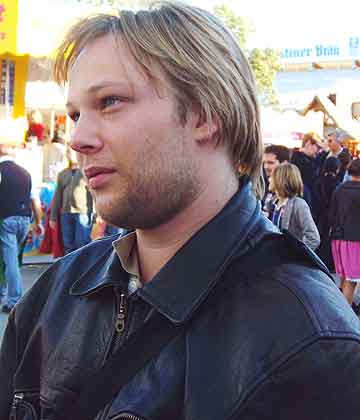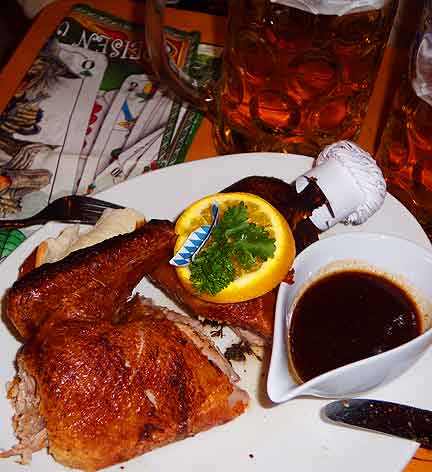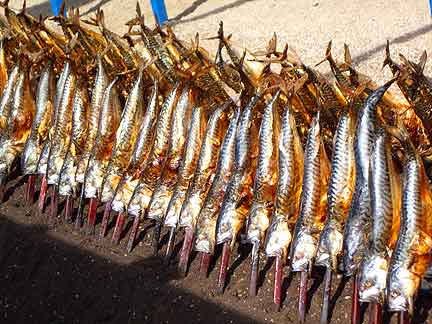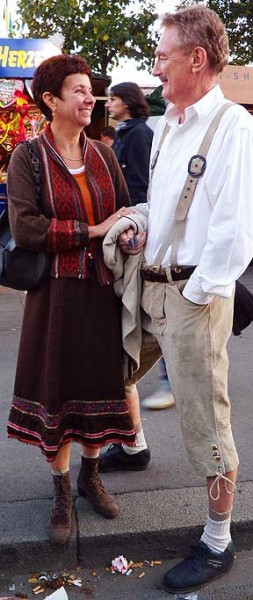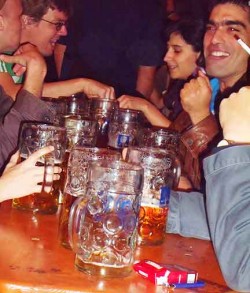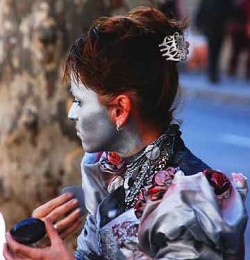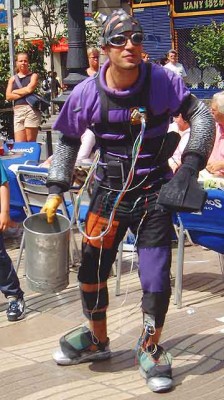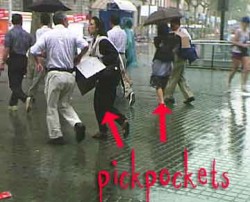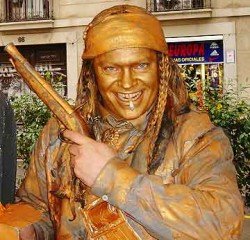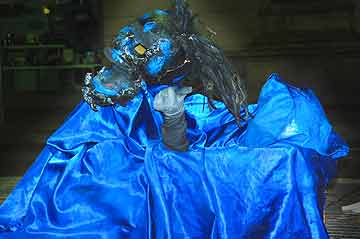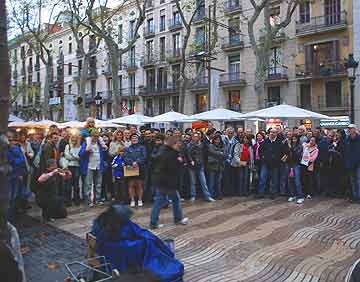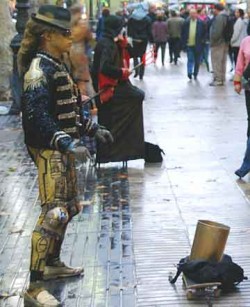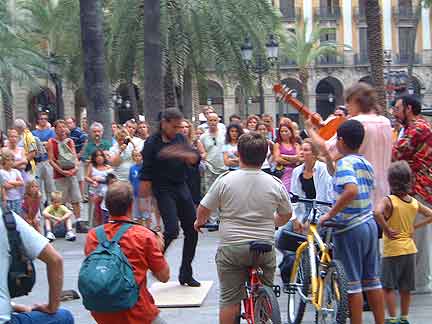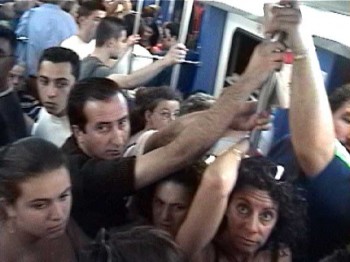
Unfamiliar fingers fiddled with the flap of my bag.
I let them. My American Express card was in the purse, along with a small camera and other things I’d hate to lose. Still, out of the corner of my eye, I watched without interfering.
I was wedged like a flimsy pamphlet between big brass bookends, and about as immobile, too. We had just boarded the metro train at Omonia Station in downtown Athens. The train was packed with it’s usual proportion of locals, tourists, and pickpockets. It was hot, airless, and odoriferous to distraction.
Bob and I had been separated by a force from behind as we boarded the car in a crush of bodies. The power behind the force stood between us: two large men in their thirties. I had one hand on a ceiling strap, the other protectively clutching a cheap-looking canvas bag on my shoulder, which perfectly disguised my laptop. My purse hung low and appeared vulnerable.
The fingers tugged gently, but I knew it was futile. I had tied a small knot in the leather cord of the drawstring bag. I allowed the man to try solely to confirm to myself that he was what we suspected him to be.
Pickpockets on trains
Bob and I had watched these two on the platform. They were neatly dressed, clean-cut, and spoke Russian. They stood apart from one another as if they weren’t together. Their behavior on the platform made them suspects. When an uncrowded train came and they didn’t get on it, they were as good as guilty in our minds. Then again… we didn’t board that train either.
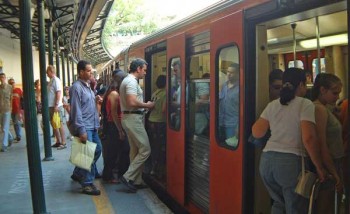
We squeezed onto the next sardine can and Boris and Igor (as I’ll call them) pressed themselves in behind us, then between us. Igor bumped hard against me, spinning me against my will as he orbited around me. Just a little self-serving do-si-do accompanied by a fleeting expression of apology as he positioned himself to his secret advantage. Physical contact was unavoidable in the over-crowded car. Against my forearm, I could feel Igor’s wrist twitching as his fingers played with my bag.
The two men looked everywhere but at me. As our favorite New York cop taught us, watch their eyes. They seemed to be making unnecessary head movements, looking here and there as if they had no idea what was happening down below and were not responsible in the least for any mischief their hands might do.
Igor didn’t mess around long. At the next station, he slapped his forehead in a pantomime of stupid me, I forgot!, and slipped off the train. Boris followed. Bob and I did not.
Then they surprised us: they reboarded the other end of the same car, enabling us to observe them. Although the Russian-speaking pair towered over the short Greeks and most of the tourists, our line of sight wasn’t perfect across the mass of passengers.
Igor looked at Boris and Boris looked away. They had sandwiched a woman tourist and separated her from her husband, just as they had done with us. This was their method of stabilizing the victim, of impeding her movement. The couple took it in stride though, and braced themselves with both hands against the jerking and jostling of the train as it sped to the next station. They were understandably oblivious to the intentions of their neighbors. But they were unacceptably oblivious of their belongings, their situation, and their vulnerability. We were dying to shout out, to yell pickpocket! It is our deepest urge and instinct to warn others of the danger we’re so aware of. However… however…
We didn’t. For the reasons we have and will further explain, we let the situation take its course. We reminded ourselves: we are researchers in the field, observing and documenting a specific behavior, and we use the knowledge we gain to educate many. Once again and with twinges of guilt, we refrained from interfering.
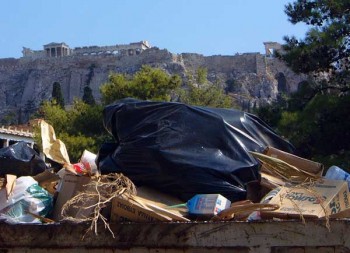
Athens’ green line is notorious for pickpockets. This convenient route is heavily used by tourists from Piraeus at the southern end, where ferries and cruise ships dock, to Thiseio for the Acropolis, Monastiraki for the Plaka shopping district, and Omonia Square, the city center. When these trains are crowded, and they frequently are, they’re pickpocket paradise. Thieves thrive on the forced physical contact, distraction of discomfort, and bodies hiding their dirty work.
Boris and Igor were swiveling their heads with exaggerated nonchalance. The train lurched into darkness for about three seconds. When it emerged, Igor lowered his sunglasses from the top of his head to his eyes. A got-it signal, we reflected later.
Still pretending not to know each other, they shoved impolitely through the standing crowd to position themselves against the doors. They were first to exit the train as the doors slid open, and they separated immediately, walking in opposite directions on the platform. The tourist couple was almost last to get off the train, so we jumped off also and caught up with them. We could see right away that the woman’s bag had been slit with a razor.
Why hadn’t those thug-like thieves sliced my bag? I knew they wanted it. Perhaps they thought the leather too thick, or they weren’t happy with their access or angle. Possibly the knot in my drawstring signaled my awareness of potential danger. Maybe they thought someone could see them, or their getaway would be hindered.
How to avoid pickpockets
Boris and Igor left me for someone else. It’s proof of the tremendous coordination of innumerable aspects required from the perpetrator’s perspective. So many factors must be in alignment before a thief will take a chance; so many conditions must be just right. With such a delicate balance necessary, it is not difficult to throw a monkey wrench into the thief’s equilibrium. Eliminate one or more of the elements he requires, and he’d just as soon move on to an easier target with a higher likelihood of success.
Excerpt from Travel Advisory: How to Avoid Thefts, Cons, and Street Scams
Chapter Six: Public Transportation—Talk About Risky…

